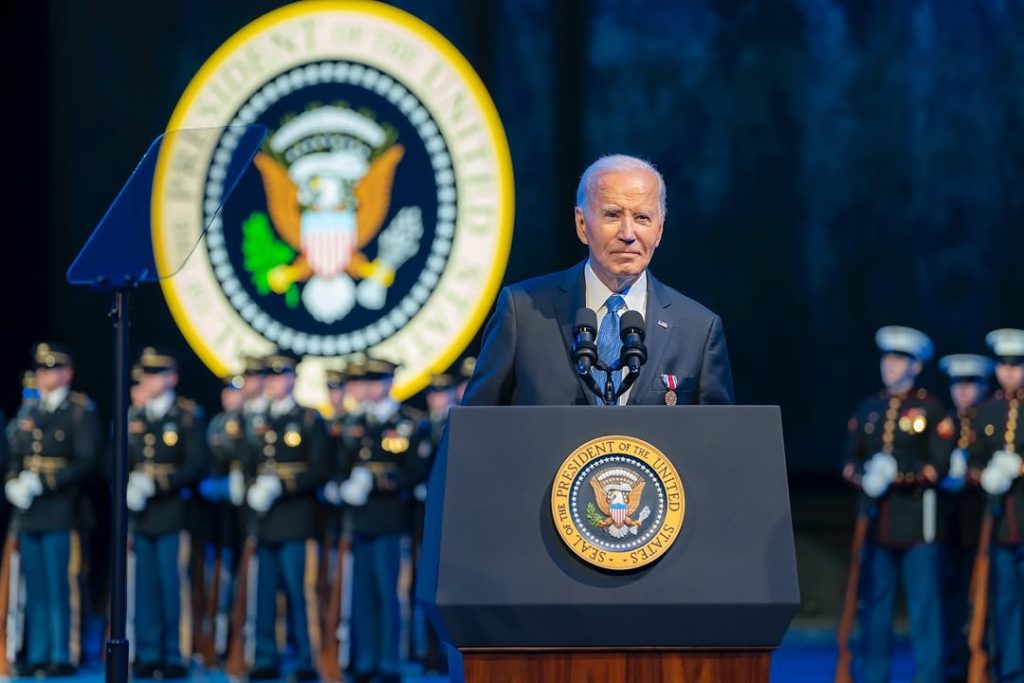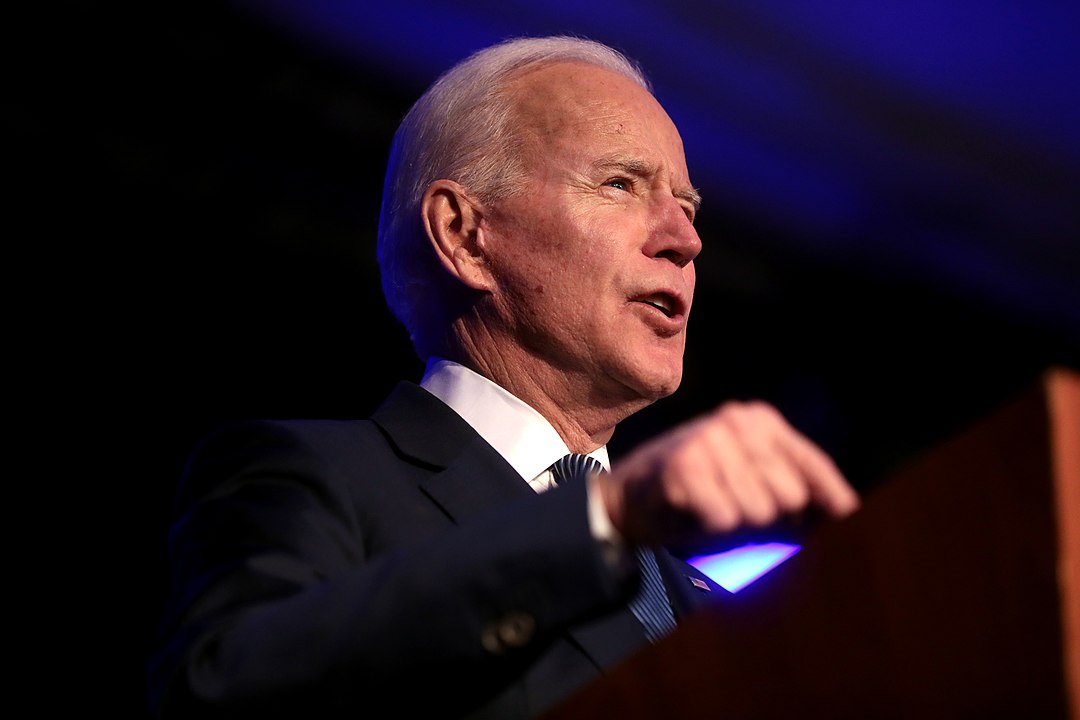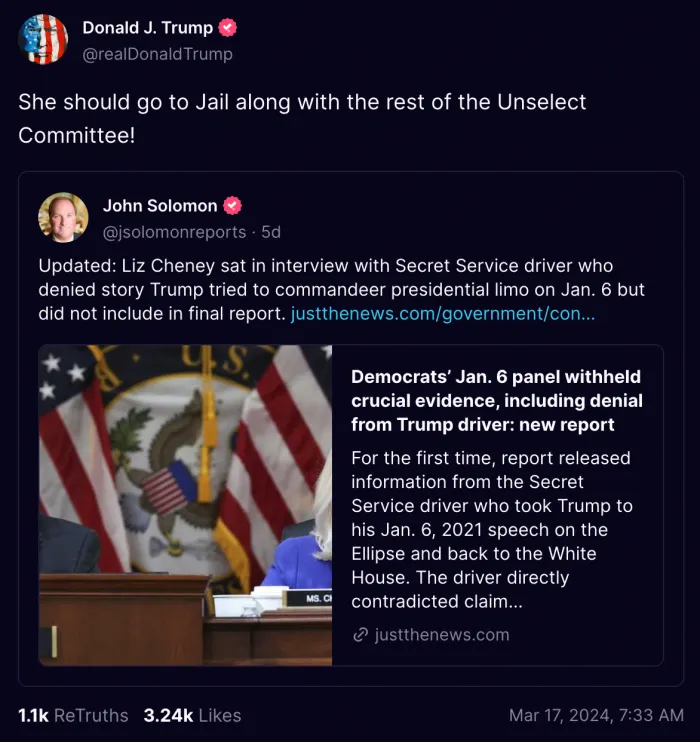Understand Your Rights. Solve Your Legal Problems


President Joe Biden, 82, has granted preemptive pardons to several prominent figures who have been vocal critics of President-elect Donald Trump, offering them protection from potential politically motivated prosecution. The list of individuals receiving pardons includes Dr. Anthony Fauci, General Mark Milley, and members of the House committee that investigated the January 6 Capitol insurrection, such as Representatives Liz Cheney and Adam Kinzinger, along with Senator Adam Schiff.

President Joe Biden
President Joe Biden has granted preemptive pardons to several high-profile individuals who have been vocal critics of former President Donald Trump. This extraordinary move aims to protect figures like Dr. Anthony Fauci, General Mark Milley, and members of the January 6th committee from potential politically motivated prosecutions as Trump continues to threaten retribution against his political adversaries.
“These public servants have served our nation with honour and distinction and do not deserve to be the targets of unjustified and politically motivated prosecutions,” Biden said in a statement.
“She should go to Jail along with the rest of the Unselect Committee!” Trump said in one Truth Social post in March.

Trump has charged Milley with treason and seemingly implied that he should face execution.
“This is an act so egregious that, in times gone by, the punishment would have been DEATH!” Trump expressed on Truth Social his concerns regarding Milley's communications with his Chinese counterpart in 2021, during which Milley assured that the United States had no plans to initiate an attack. Milley defended his actions by stating that he was fulfilling his responsibilities to prevent potential conflict with China.
Trump had previously targeted these individuals, including accusing Fauci of mishandling the COVID-19 pandemic, labeling Milley a traitor, and seeking imprisonment for Cheney and the committee members. "Baseless and politically motivated investigations wreak havoc on the lives, safety, and financial security of targeted individuals and their families,” Biden continued.
While none of these figures have been formally charged, Biden’s pardons serve as a proactive measure amid concerns that Trump, if reelected, could seek retribution against those he perceives as adversaries. This bold action by the Biden administration continues the broader trend of issuing pardons in cases involving political rivals, exemplified earlier by the pardon granted to Hunter Biden.
Critics warn that preemptively pardoning individuals who haven’t yet been charged with crimes may set a troubling precedent for future administrations, especially if the practice becomes a tool for shielding political figures from legal consequences.
In the midst of this political drama, Fauci has faced heightened scrutiny and threats during the pandemic, Milley defended his actions in a public address, and Cheney has been vocal in calling out Trump’s role in the January 6th insurrection. The blanket pardons granted by Biden have sparked debate on their potential impact on the political landscape and whether similar measures could be used by a future administration.
This latest development signals an ongoing battle over accountability and power in American politics as both Biden and Trump navigate the complex web of legal and political challenges.
Preemptive pardons are legal acts where a person is granted forgiveness or protection from prosecution for potential crimes they may commit in the future, before any formal charges or accusations are made.
In other words, it’s a pardon given to an individual even though they have not yet been charged with or convicted of a crime, in anticipation that they may face legal consequences down the line. Preemptive pardons are often used to shield individuals from potential political or retaliatory prosecutions, as in the case of President Biden granting pardons to his political allies and critics of former President Trump.
One notable example is President Gerald Ford’s pardon of Richard Nixon in 1974, which came after Nixon’s resignation, preemptively protecting him from potential prosecution related to the Watergate scandal. While the use of preemptive pardons can be controversial, they have occasionally been employed to avoid divisive legal battles.


